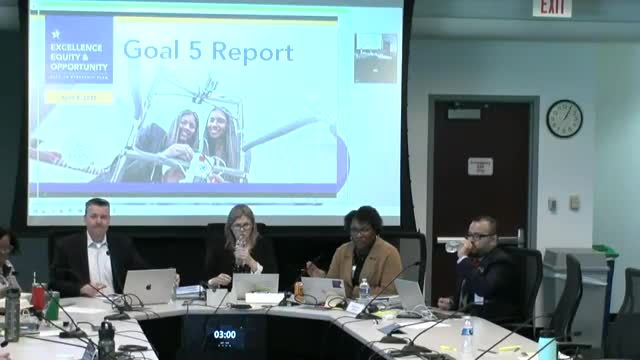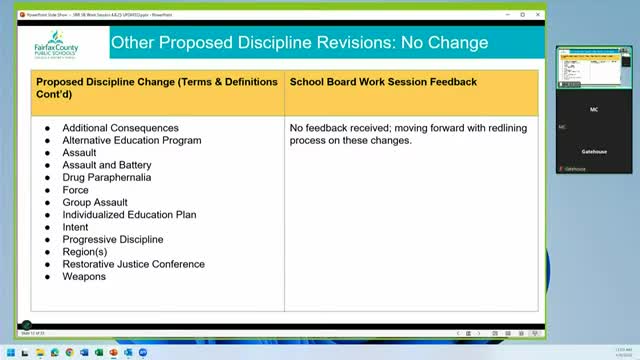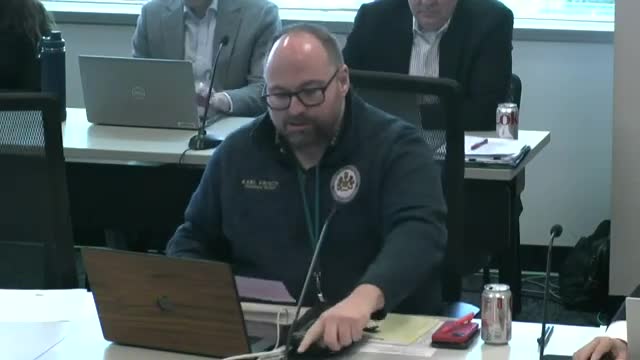Article not found
This article is no longer available. But don't worry—we've gathered other articles that discuss the same topic.

FCPS reports modest gains in on‑time graduation but flags gaps for multilingual learners and students with disabilities

Fairfax County staff recommend bell-to-bell cell‑phone rule under new Virginia law; board signals lunchtime exception for high schools

